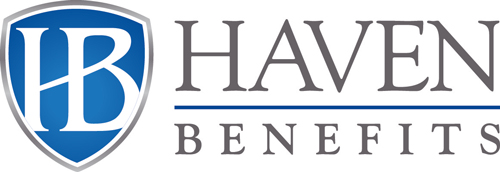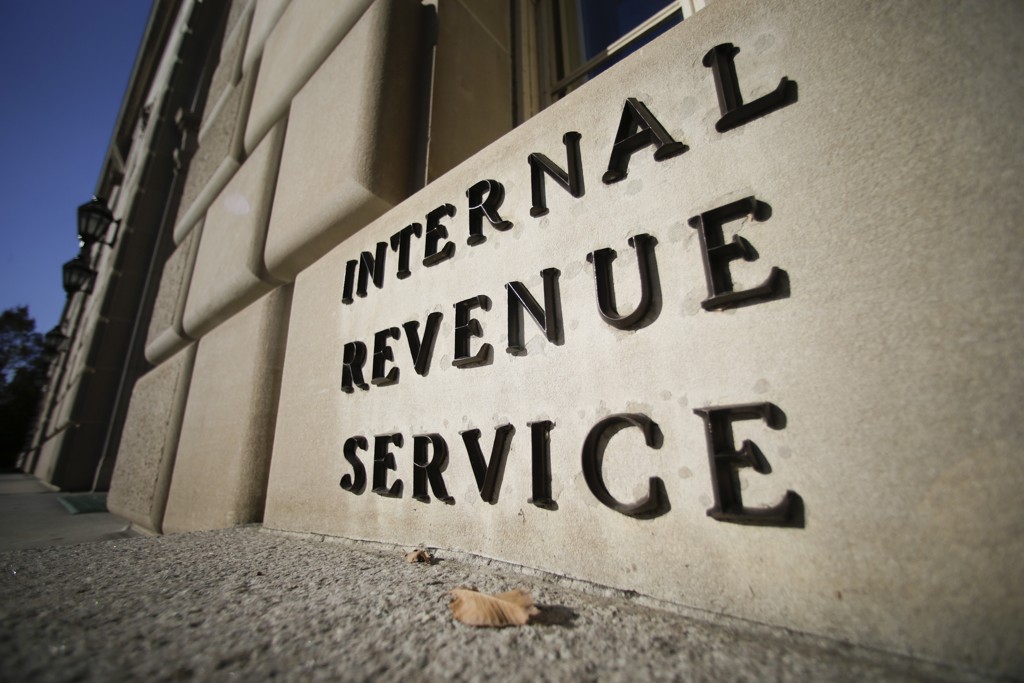IRS Prohibits Employers from Paying Individual Medical Plan Premiums
On November 6, 2014, the Departments of Labor (DOL), Health and Human Services (HHS) and the Treasury (Departments) issued FAQs clarifying ACA implementation compliance as it relates to premium reimbursement arrangements. The FAQs clarify after-tax reimbursements and cash compensation for individual premiums do not comply with the ACA’s market reforms and may trigger tax penalties.
The Departments guidance prohibits all employer arrangements which reimburse employees for individual premiums both on a pre-tax or post-tax basis. Additionally, IRS Information Letters Letter 2014-0037 and Letter 2014-0039 which note that while the ACA has not changed the tax treatment under Code Section 105 or 106 regarding employers ability to reimburse medical expenses with pre-tax dollars, these arrangements violate ACA’s prohibition on annual limits because they reimburse medical expenses up to a fixed amount.
However, employers that do not want to provide group health insurance coverage, can provide the employee with additional compensation to help them purchase health coverage. The additional compensation is excluded from the employee’s income under Code Section 106, and would be reported on the Form W-2 with other income and wages. Additional compensation is allowed because it would not be restricted to the payment of medical expenses.
Employers who reimburse employees on a pre-tax basis for premiums used to pay for health insurance are advised to stop doing so. An IRS FAQ posted on May 13, 2014, tells employers they cannot sponsor an arrangement that reimburses employee’s purchase of an insurance plan on a pre-tax basis both in and out of the exchange. The penalty for this type of employer payment plan arrangement may be subject to a $100/day excise tax per applicable employees ($36,500 per year, per employee) under Internal Revenue Code Section 4980D.


